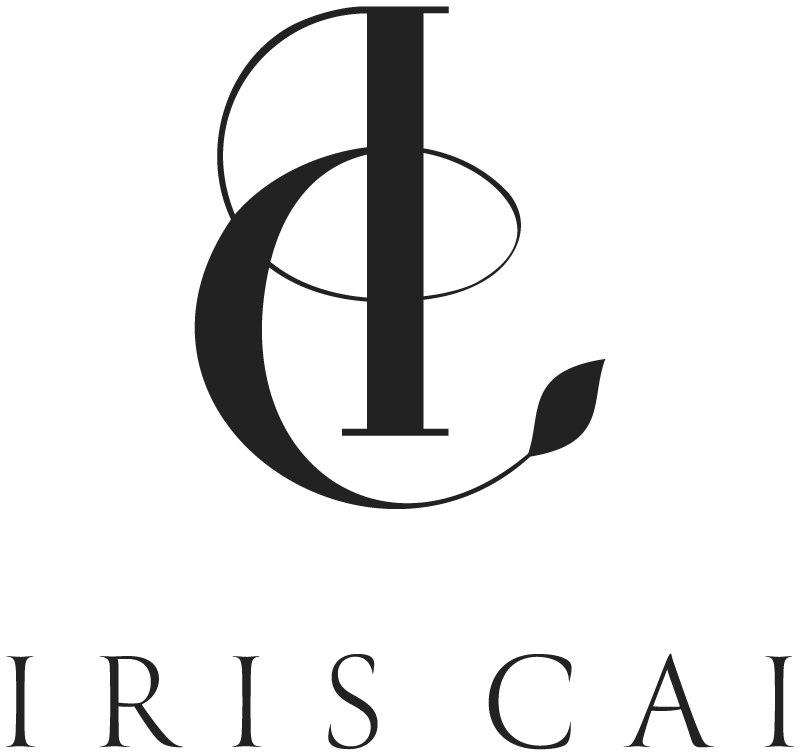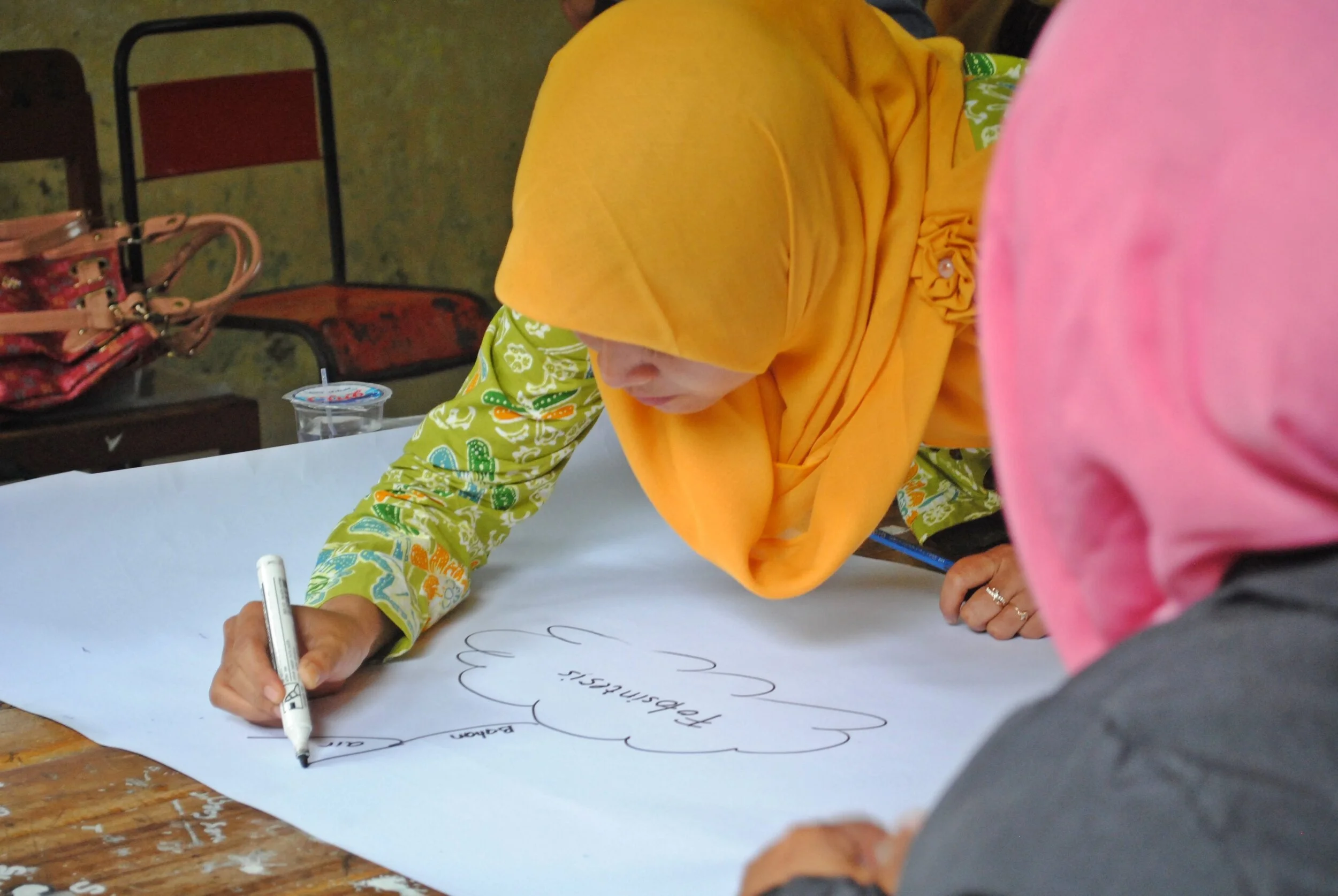Last time I wrote about the case of how storytelling played an integral role in humanizing Toronto’s Pearson International Airport and transforming it from the bottom of the rank to one of the world’s best. In this article, I will focus on how a particular type of story, character strength story, can be used to make our workplace more connected, inclusive, and therefore, more psychologically safe.
Read MoreIf you had travelled through Toronto’s Pearson International Airport, Canada’s busiest airport, in the last couple of years, you may not know that its passenger satisfaction scores were hopelessly low just years before. Pearson was among the bottom 10% of any large airports in North America and among those with the worst wait times. Driven by the new vision of becoming “the best airport in the world”, Toronto Pearson’s managing party, Greater Toronto Airport Authority (GTAA), partnered with design firm IDEO to develop a strategy for its transformation.
Read MoreSome people think that they are “not good at” mindfulness because they tend to get distracted when practicing mindfulness meditation. In fact, mindfulness is about our relationship with our body sensations, thoughts, and feelings, rather than thoughtlessness…
Read MoreImagine the last time you screwed up something and you felt ashamed of yourself.
Did you move on to fixing the situation, or accepting it shortly, or did the incident trigger a bout of self-loathing and deep regrets?
Cultivating self-compassion by developing a healthy and loving relationship with yourself can give you the psychological strengths to buffer against self-doubt and self-criticism.
Read MoreIn my last article, What We’ve Got Wrong About Self-Compassion, I wrote about how self-compassion can help us survive and thrive during difficult times and how our misunderstanding of self-compassion often prevents us from practicing it.
How to cultivate self-compassion? It is more than going to the spa or having retail therapy when we are down. In this article, I would like to focus on a systematic and sustainable approach to self-compassion that can alter your relationship with yourself for the better.
Read MoreLife could be full of difficult events that either challenge us and reveal our flaws. It is when times are hard that we most want to feel understood, seen, appreciated, or nurtured. However, we don’t always get that. We could feel alone with our struggles, with our tribe nowhere to be seen, our voice unheard, our character unappreciated. I’ve learned that much of what we try to get from others, but may leave feeling empty, are in fact gifts we should learn to give to ourselves.
Self-compassion could be such a gift that we should learn to give to ourselves when we see the imperfection in ourselves and our lives.
Read MoreI have long been a proponent of searching for one’s purpose. A person’s purpose describes a commitment that is enduring and personally meaningful¹. One general consensus among psychologists is that purpose transcends the self¹, i.e. it drives us to make a difference in some aspect of the world beyond ourselves. It can give us direction, motivation, and can help us persevere through difficult times. I thought purpose was the ultimate ticket to a more meaningful life, until I thought of my friend Celine.
Read MoreThe need to make important life decisions effectively exposes the need for us to get in touch with our values, because decisions are only truly effective when they are authentically aligned with what we deeply care about. They may be difficult decisions that would require hard work (e.g. building a business), or heartbreak (e.g. a breakup), but they are decisions that you can be at peace with.
Read MoreThis latest article published on Medium was inspired by my client experience and own experience strategizing my future after grad school. If you have too many career options that you are entertaining and find it hard to focus, give this article a read!
Read MoreMind mapping is an effective way to facilitate ideation, note taking and project planning. It generally starts with a simple idea or topic in the centre and the user would put ideas related, or inspired by the central idea around it, and connect all the ideas with lines. The user would then repeat the process for each idea generated to produce more ideas, just like a tree growing many new branches.
Read MoreIn the world of new product and technology design, innovators use a methodology called design thinking to break down "wicked problems" and come up with solutions. According to Wikipedia, "a wicked problem is a problem that is difficult or impossible to solve because of incomplete, contradictory, and changing requirements that are often difficult to recognize."
Aren't some of the problems in our lives and careers just like "wicked problems"?
Read MoreAs 2016 draws to an end, I’ve deliberately slowed down by taking two weeks off work, become a hermit by minimizing social activities so that I can carve out plenty of time to reflect on the past year.
We live in a society and a time filled with so much “doing” yet so little “being”. We are always asking “What should I do to get there?” rather than “Who do I need to be”, the intention, mindset or perspective much needed to carry us on our journey.
Read MoreIn our everyday lives, we have to make lots of big or small decisions that can change the paths of our lives. Why do I not like this job? What industry do I want to move into next? What is my personal brand? How do I choose between two similar job offers? Who do I volunteer for? Is that person Mr. Right?
What are the common mistakes people make when making those choices?
When you are living “on purpose”, you feel alive and fulfilled. You live a life with a clear direction and intention. You make decisions that increases the sense of fulfillment you and others feel. And you are “unstoppable” (H. Kimsey-House et al., Co-Active Coaching: Changing Business, Transforming Lives. 3rd edition. 2011. p. 126). Do you remember a time in your life when you are living “on purpose”? What did you do? What kind of person were you being at that time? How did you feel?
Read MoreAn ancient technique, guided imagery has been increasingly proven by scientific research to be an effective method to enhance “health, creativity and performance”. According to Naparstek, the visualisation process allows the unconscious and pre-conscious process to help a person become more aware of his or her own abilities and desires to accomplish a goal.
Read MoreOn Day 2, I'd like to share with you a series of questions to help you gain further clarity on your life purpose.
Read MoreExploring your life purpose to get clear on your career passion or direction requires a lot of introspection, which cannot be done without accessing your intuition. Watch this video on the importance of intuition in your search for your life purpose.
Read MoreHaving a clearly defined life purpose gives us a powerful sense of direction in life. Having that direction helps us focus our efforts, stay resilient and attracts resources from others to achieve the purpose in more powerful ways.
Read MoreNow that you have a good idea of the benefits of journaling from Part I of this post, what to write is really up to you! Of course, if you pick up journaling with a more specific purpose in mind, you may want to stick to a structure or theme for a period of time. Below are some examples I generally recommend to my coaching clients.
Read MoreWidely recognized as an effective tool that facilitates emotional well-being, learning, mindset and behavioural change, journaling is commonly used in therapy, coaching and various personal development practices. Many famous leaders such as Winston Churchill, Ronald Reagan and John D. Rockefeller kept a journal. They were busy people, too. Why don't you read on, and if this article makes sense to you, give journaling a try?
Read More














